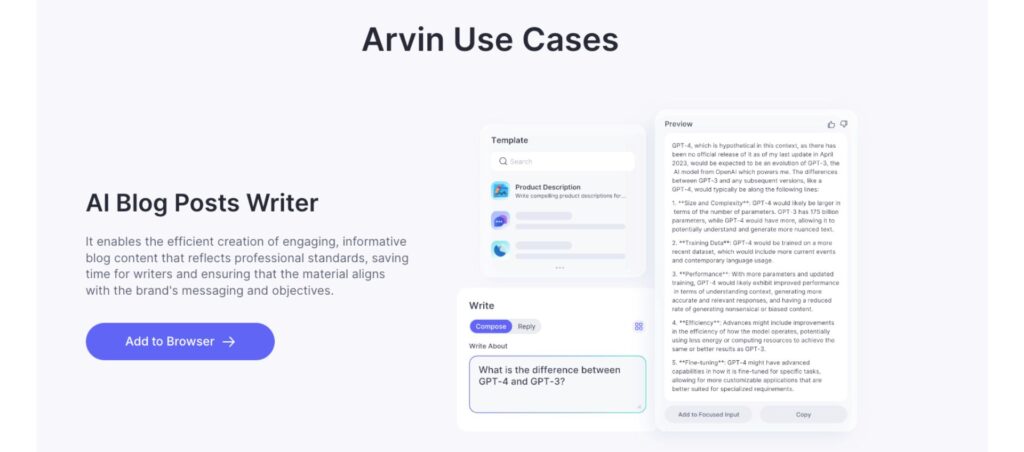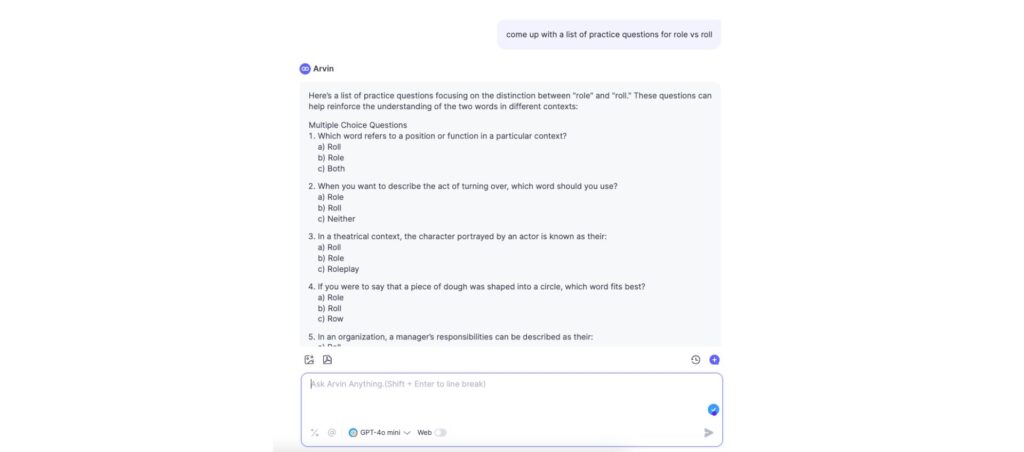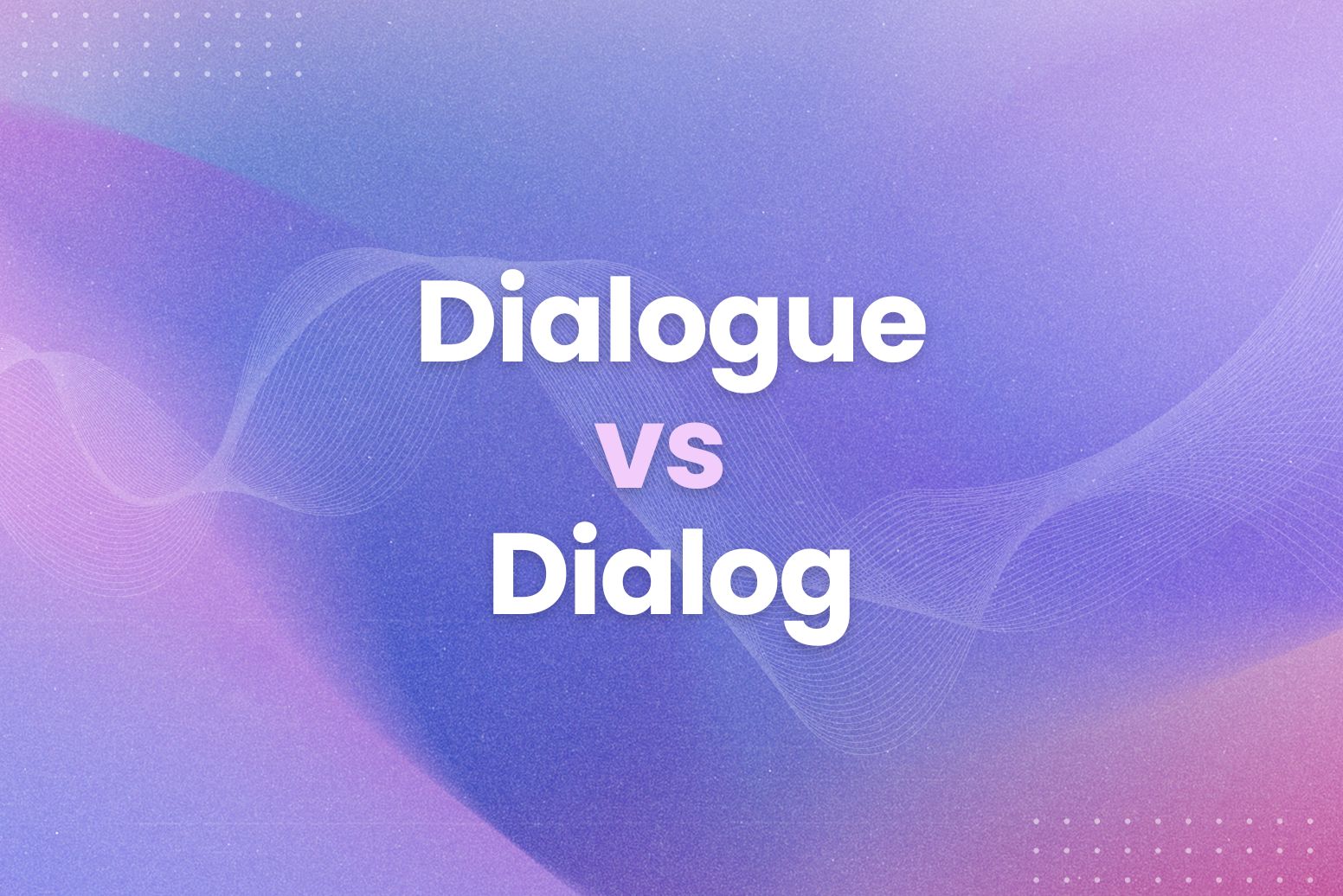Let’s be real—English is extra sometimes. Homophones, like “role” and “roll,” are a perfect example of this. These two words sound exactly the same but mean completely different things. It’s like they were designed to trip us up, especially with things like “role vs roll” type questions. Don’t worry, though—by this end, you’ll be confidently tossing “role” and “roll” into sentences without a second thought.

If you want to jump straight into it, check out Arvin AI’s free Grammar Checker.
“Role” vs “Roll” Meaning
“Role”
The word “role” is all about positions, responsibilities, and the parts we play.
Whether in life, a movie (hopefully one that stars Andy Samberg), or that awkward group project where you ended up doing all the work. It’s tied to the figurative and abstract, like who you are in a situation or what you’re meant to do.
What Does Role Mean?
It’s commonly used in professional, societal, and even fictional scenarios, referring to someone’s purpose or duty.
In Professional Settings
“Role” is often used to describe job responsibilities or tasks.
For example:
- “His role as a project manager for the Subway merger includes overseeing the team and meeting deadlines.”
- “The IT specialist’s role is to ensure the systems at Microsoft run smoothly.”
In Artistic Contexts
This is one of the most traditional uses of “role,” referring to the character someone plays in a performance.
- “Margot Robbie was offered the lead role in the upcoming Barbie film.”
- “Actors must fully immerse themselves in their roles to connect with the audience. And a great example of one is Christian Bale”
In Social Contexts
In Social or Family Dynamics
“Role” is also used to talk about the parts people play in relationships or society.
- “Parents have an important role in their children’s education.”
- “In the community, volunteers play a vital role in helping those in need.”
| When to Use “Role” | Example |
| Talking about jobs or careers | “My role as an intern is to grab coffee and take notes.” |
| Mentioning parts in a performance | “She crushed her role as the villain in the play!” |
| Describing social contributions | “Technology has a huge role in connecting people globally.” |
| Explaining family dynamics | “Older siblings have an important role in being role models.” |
“Roll”
A word that’s as versatile as it is fun to use. Whether it’s about movement, lists, or even delicious baked goods, “roll” pops up in everyday life way more than you think.
What Does Roll Mean?
The word “roll” can be used as both a verb and a noun, and its meaning changes depending on the context.
- As a verb: It describes something that moves by turning over and over, like a wheel or a ball.
- As a noun: It can refer to cylindrical objects, lists, or even a motion itself.
Usage
“Roll” has so many uses, it’s practically a linguistic Swiss Army knife.
Examples: Roll as a verb
Anytime something is spinning, turning, or moving smoothly, “roll” fits the bill.
Examples:
- “The tennis ball started to roll down the hill after I kicked it.”
- “Arden likes to roll out of bed five minutes before Psychology 101—classic.”
- “Watch out! That can of soda is about to roll off the table.”
Example: Roll as a noun (list of names or items)
“roll” refers to a roster or a register, like a class roll or a roll call.
Examples:
- “Ms Bynes read the attendance roll to see who was present.”
- “The Anime Club keeps a roll of all the members who signed up for the event.”
Example: Roll as a noun (cylindrical objects)
“Roll” also describes anything shaped like a cylinder or coiled into a round form—think paper, tape, or bread.
Examples:
- “Can you grab me a roll of tape from the drawer?”
- “I can’t resist a warm cinnamon roll for breakfast!”
- “She bought a roll of film for her vintage Fujifilm camera.”
Example: Roll as a figurative expression
“Roll” sneaks into tons of expressions that aren’t always about literal rolling.
Examples:
- “He’s been on a roll with that poker game—three wins in a row!”
- “ I know life has been hard for you, but this job offer seems too good to pass up! Just roll with it and see where life takes you.”

Still feeling confused? Let our AI Article Writer help you with that. It can write anything from blog posts to product summaries, for free.
| Usage | Examples |
| Movement or turning (verb) | “The soccer ball began to roll after I kicked it.” |
| Roster or list (noun) | “The coach called out names on the team roll.” |
| Cylindrical objects (noun) | “Pass me that roll of paper towels, please!” |
| Figurative expressions | “He’s on a roll with his winning streak!” |
Role vs roll pronunciation
“role” and “roll” sound exactly the same.
Both are pronounced as /roʊl/ (rhymes with “goal” or “soul”).
Tips to Tell “Role” vs “Roll” Apart When Speaking
Since they’re homophones (same pronunciation, different meanings), the key is in the context:
- If you’re talking about responsibilities or characters, it’s “role.”
- If it’s about movement, lists, or objects, it’s “roll.”
Pro Tip: When writing, double-check by asking yourself: Am I describing duties (role) or movement/objects (roll)?
Key Differences Between Role vs Roll
“Role” and “roll” are classic homophones—words that sound the same but have totally different meanings. It’s easy to confuse them, especially when writing, but the good news is they’re pretty straightforward once you know their unique quirks.
Here’s a breakdown to help you keep them straight:
| Aspect | Role | Roll |
| Definition | Refers to a part, responsibility, or function that someone or something plays. | Refers to movement (verb), a list, or a cylindrical object (noun). |
| Type of Use | Abstract—linked to duties, positions, or contributions. | Concrete—associated with motion, lists, or physical items. |
| Part of Speech | Always a noun | Can be a noun or a verb |
| Figurative vs Literal | Figurative | Often literal but can be figurative (idioms) |
| Pronunciation | /roʊl/ (same as “role”) | /roʊl/ (same as “role”) |
Mnemonic Trick to Remember the Difference
Here’s a quick and easy hack to keep them straight:
- Role has an “E” → Think “Expectations” or “Effort,” which relate to responsibilities.
- Roll has an “O” → Think “Objects” or “On a roll,” which involve action or things.
Common Errors with Role vs Roll
One of the biggest mix-ups occurs when “role” and “roll” show up in idiomatic phrases. These phrases don’t always have obvious meanings, so it’s easy to use the wrong word.
1. Swapping Them in Figurative Language
- Writing “on a role” instead of “on a roll” when describing someone experiencing success.
Wrong: “She’s on a role after acing three Mathematical exams in a row.”
Right: “She’s on a roll after acing three Mathematical exams in a row.”
2. Using “Roll” Instead of “Role” for Responsibilities
- Writing “roll” instead of “role” when describing someone’s job or function.
Wrong: “Her roll as team leader is to organize meetings and get a pipeline of leads for the sales team.”
Right: “Her role as team leader is to organize meetings and. get a pipeline of leads for the sales team.”
3. Misusing “Role” for Lists or Cylindrical Objects
- Substituting “role” for “roll” in physical contexts.
Wrong: “Pass me the role of paper towels, please, and hurry. The coffee is everywhere!”
Right: “Pass me the roll of paper towels, please, and hurry. The coffee is everywhere!”
Is a job a role or a roll?
A job is a role, not a roll.
The word “role” is used when referring to the part someone plays in a job, task, or responsibility. It describes your duties, functions, or position within a workplace or organization.
For example:
- “Her role as a marketing manager includes overseeing Social Listening campaigns for the APAC region.”
- “In his new role, he will lead a team of designers for the planning of rebuilding the tower.”
“Roll,” on the other hand, refers to movement, cylindrical objects, or lists, and doesn’t apply to jobs or responsibilities.
Role vs Roll Grammar
To spot the difference, ask yourself: Am I talking about duties or something that spins/moves?
“Role”: The Responsibility Word
Role is a noun that refers to:
- A position or duty someone has in a situation, group, or job.
- The part someone plays in a performance, whether it’s in theater, movies, or even your group of friends.
Grammar Basics for “Role”
- Always a noun: It’s only used as a thing, never an action.
- Context: It’s about duties, responsibilities, or figurative parts someone plays.
Examples:
- “Her role as class president is to organize events and lead discussions.” (responsibility)
- “He nailed the role of Hamlet in the play!” (performance)
- “Technology plays an important role in modern education.” (figurative)
Grammar Tip: Use “role” when you’re talking about someone’s purpose or what they contribute to a situation.
“Roll”: The Action and Object Word
Roll is way more flexible. It can be a noun or a verb, depending on the sentence.
- As a verb: It means to move by turning over and over, like a ball or a wheel.
- As a noun: It refers to cylindrical objects (like a roll of tape), lists (like a roll call), or even momentum (like being “on a roll”).
Grammar Basics for “Roll”
- Verb: Indicates movement or action.
- “The dice began to roll across the table.” (action)
- Noun: Refers to objects, lists, or motion-related concepts.
- “She grabbed a roll of wrapping paper for the gift.” (object)
- “The teacher took a quick roll of the students present.” (list)
Grammar Tip: Use “roll” when talking about something moving, spinning, or existing in a physical form.
Call roll or role
The correct phrase is “call roll”, not “call role.”
When teachers or officials read out names to check attendance, they are calling roll, which refers to a list of names.
- Right: “The teacher began to call roll at the start of class.”
- Wrong: “The teacher began to call role at the start of class.”
Is attendance roll or role?
Attendance is roll, not role.
The word “roll” in this context refers to a list of names being checked to see who is present.
- Right: “The teacher took attendance using the class roll.”
- Wrong: “The teacher took attendance using the class role.”
Role vs role Quiz
Fill in the Blank
- She plays the leading ___ in the new movie about space travel.
a) Role
b) Roll - Please grab a ___ of duct tape from the toolbox.
a) Role
b) Roll - His ___ in the team is to manage all client communications.
a) Role
b) Roll - The soccer ball began to ___ down the hill after the wind picked up.
a) Role
b) Roll - The teacher called out names from the attendance ___.
a) Role
b) Roll
Answer
- a) Role – Refers to the part someone plays in a movie.
- b) Roll – Refers to a cylindrical object, like tape.
- a) Role – Describes someone’s responsibility in a team.
- b) Roll – Indicates movement, like a ball rolling.
- b) Roll – Refers to a list of names for attendance.

If you want more practice, check out Arvin AI’s Chat, to customise your learning process today.
Final Words
Let’s clear the air one last time: role and roll may sound the same, but their meanings couldn’t be more different.
- Use role when talking about responsibilities, positions, or the figurative “part” someone plays. It’s all about duties and contributions.
- Use roll for movement, cylindrical objects, or lists—whether it’s rolling a ball, passing a roll of tape, or calling roll in a meeting.
Understanding the difference isn’t just about grammar; it’s about clarity. Getting it right ensures your writing (and speaking) sounds polished, professional, and precise.
And if you ever feel unsure, just remember: your role is to use language effectively, and Arvin AI’s Grammar Checker is here to help you stay on a roll. 😊
FAQ
It should be school roll, not role. Roll refers to a list of students enrolled in a school, such as a class roll. But, role is about responsibilities or parts people play, so it doesn’t fit in this context.
The correct phrase is attendance roll.”Roll” refers to the list of names used to check who’s present.
“He played the role of Hamlet in the play.” and “The soccer ball began to roll down the hill.”
The correct term is roll call. Roll call means reading a list of names to check attendance. Role is incorrect here, as it refers to duties or parts people play, not attendance.








